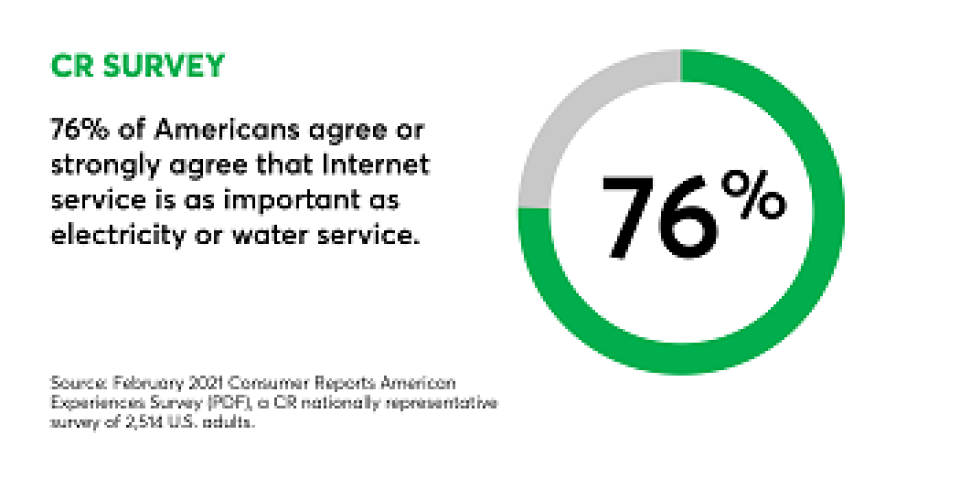Biden Executive Order on Internet Service
In case you missed it, earlier this month President Biden signed an executive order that aims to promote competition in the U.S. economy. The order includes 72 initiatives, directing a dozen different federal agencies to promote competition in key sectors.
The White House published a fact sheet to explain what the EO aims to do. [Read the full factsheet is here]. It begins by pointing out how a "lack of competition drives up prices for consumers," which is why "families are paying higher prices for necessities—things like prescription drugs, hearing aids, and Internet service."
It goes on to say that the order will, among other things, "save Americans money on their Internet bills by banning excessive early termination fees, requiring clear disclosure of plan costs to facilitate comparison shopping, and ending landlord exclusivity arrangements that stick tenants with only a single Internet option."
As you might imagine, we are particularly interested in the section on “Internet Service,” which you can read below:
Internet Service
The Order tackles four issues that limit competition, raise prices, and reduce choices for Internet service.
In the Order, the President encourages the FCC to:
• Prevent ISPs from making deals with landlords that limit tenants’ choices.




